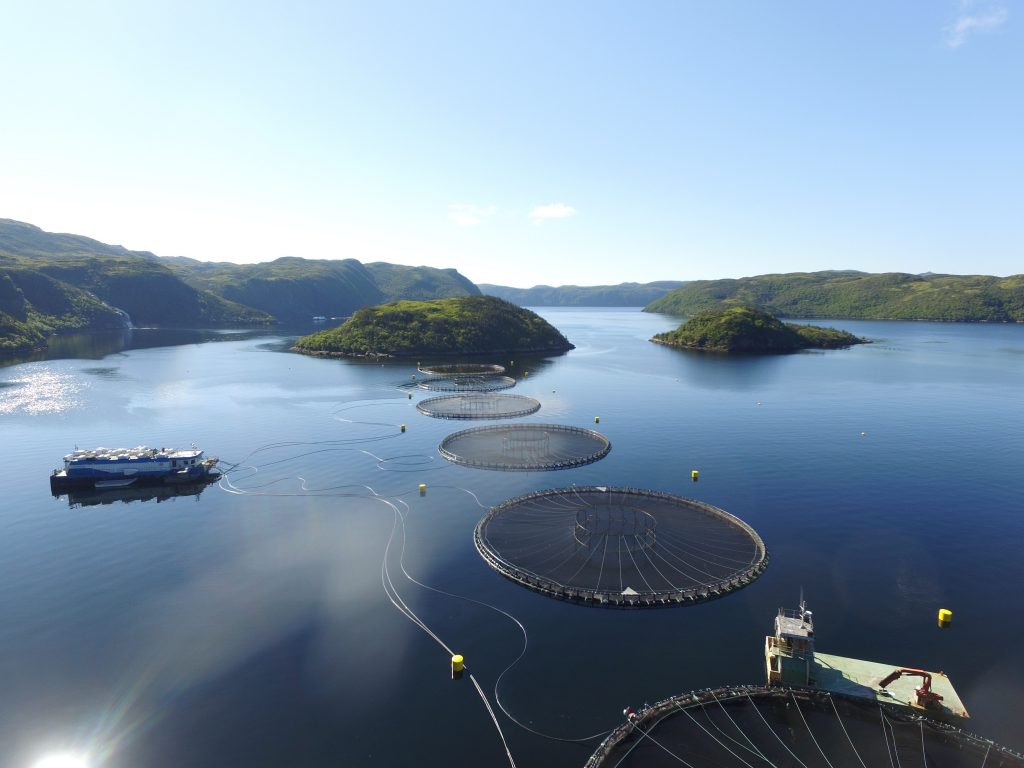
Hiring quota will hurt industry, says NAIA
December 21, 2018
By Liza Mayer
Measures proposed to boost employment in the aquaculture industry in Newfoundland and Labrador by requiring employers to set hiring quotas are counterproductive and unfair, according to the Newfoundland Aquaculture Industry Association (NAIA).
 Requiring employers in the province to set hiring quotas would be counterproductive and unfair
Requiring employers in the province to set hiring quotas would be counterproductive and unfair Mark Lane, NAIA executive director, is reacting to the call by workers union FFAW-Unifor last summer for the government to mandate aquaculture companies to employ a minimum number of workers and set a minimum number of weeks of employment.
“If implemented, [it] will likely result in less investment and production in the industry that would keep people employed,” Lane told Aquaculture North America (ANA).
The union, which represents workers in the fisheries, fish farming and processing industries, says the aquaculture industry “struggles to provide meaningful work” for its 150 processing workers in the community of Connaigre Peninsula in NL. In a CBC News report the union proposes that aquaculture companies in the province be required to process their fish at local plants instead of New Brunswick, where it says much of the processing work is now being done.
Lane says the closure of two facilities owned by the Barry Group in Harbour Breton on the Connaigre Peninsula was due to the downturn in the wild fishery. “The recent downturn in processing in the province is no different than any other industry such as oil and gas, agriculture or traditional wild fisheries,” Lane tells ANA. He noted that the aquaculture industry has re-opened both facilities.
But he acknowledged that lack of technology and equipment required for certain types of processing in NL facilities means these need to be done outside the province. “To my knowledge none of these plants can perform value-added processing such as portions or smoking. The plant in St Alban’s cannot do filleting.
“As well, for salmon in particular, current levels of technology do not allow for removal of pin bone pre-rigor in NL. Thus, to avoid unnecessary delays in transport and reduction in shelf life en route to market we process pre-rigor in NL, transport closer to the market and remove pin bones in New Brunswick. Having said that, every fish grown in NL is processed in NL,” he says.
He adds that the aquaculture industry has been “quite successful in keeping people employed in rural coastal NL year-round.” About 450 people are directly employed on farms in NL, he says, including aquaculture technicians, veterinarians, managers, and divers. There are also more than 200 people employed in processing.
“For every job created on the farm there are three indirect employment opportunities created as a result, among them in retail, service, supply and transport. We are very proud of these accomplishments and the socio-economic contribution that we are making to rural communities.”
Advertisement
- Government injects $30M into Grieg NL’s salmon farm project
- European farmed salmon genes in Bay of Fundy cause conflict





